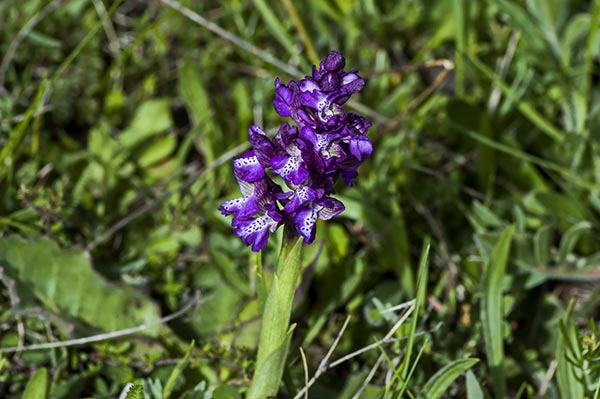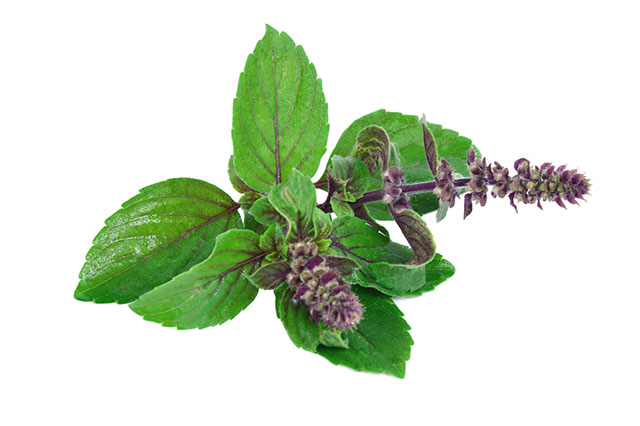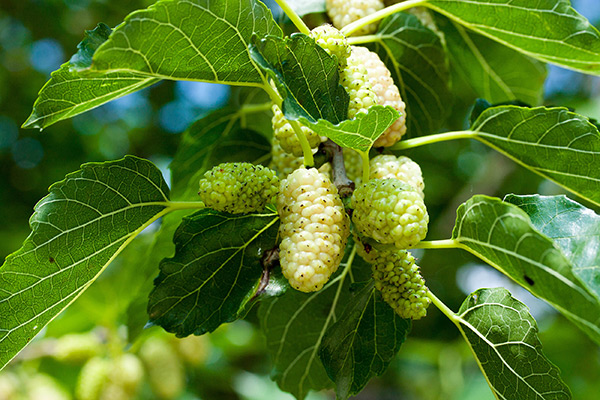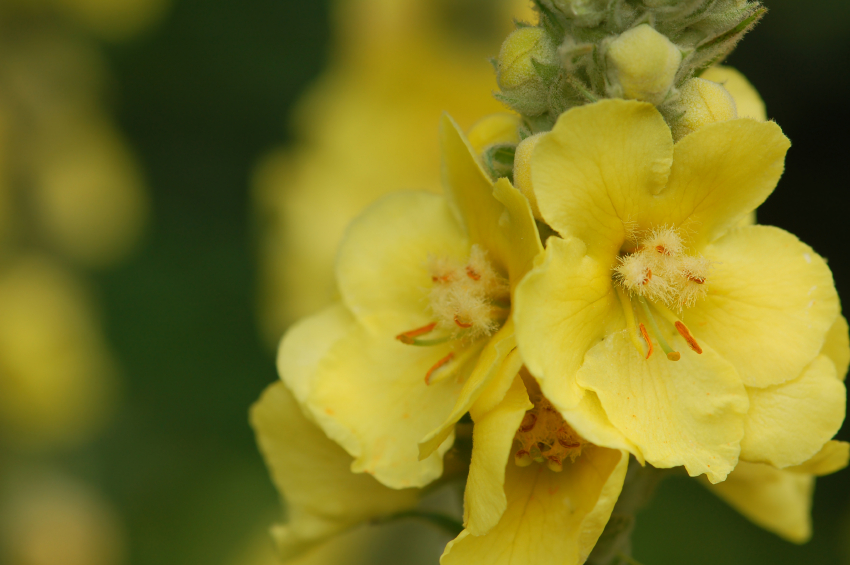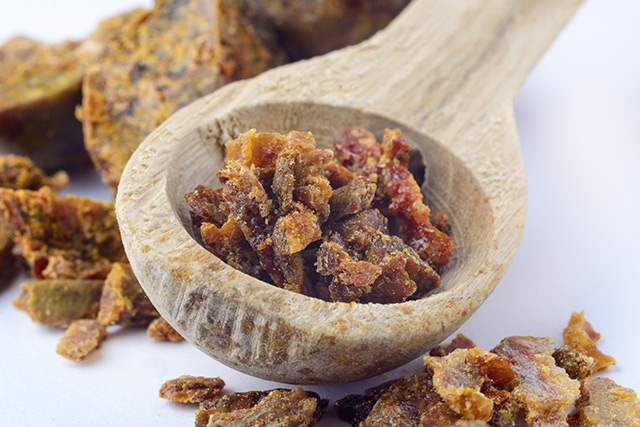Medicinal herbs for the treatment of kidney diseases
06/30/2020 / By Evangelyn Rodriguez
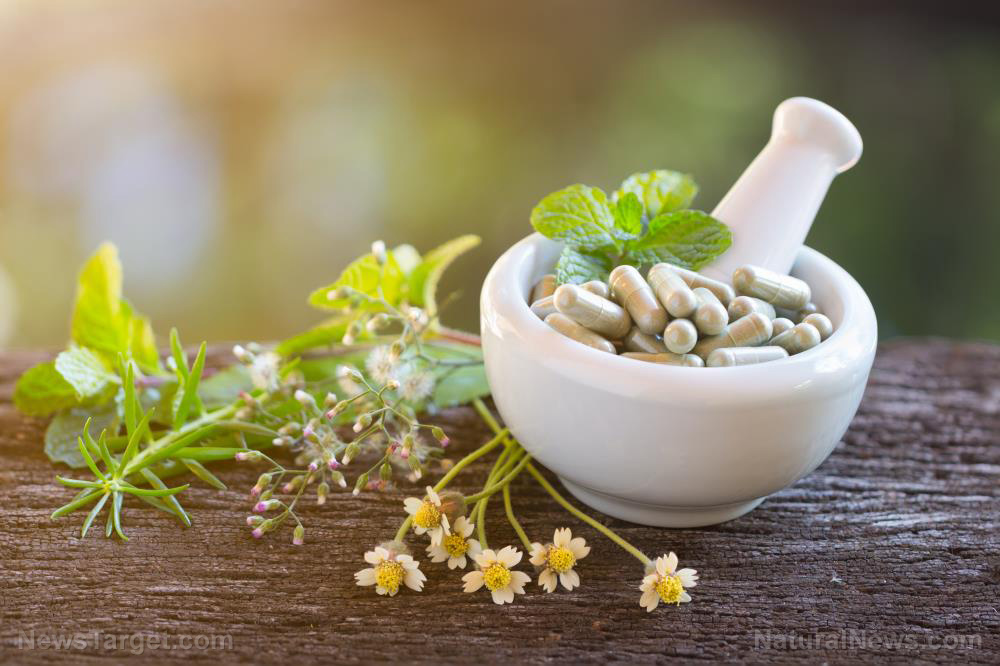
The kidneys play a vital role in the normal physiology of humans. These small, bean-shaped organs are responsible for removing waste products and excess fluid from the body. They also facilitate the production of urine, regulate the body’s salt, acid and potassium levels and produce hormones that influence the function of other organs.
The kidneys, however, are prone to diseases and damage. For instance, chronic kidney disease, which impairs kidney function, can be caused by diabetes and hypertension. High blood sugar can damage the blood vessels in the kidneys, while high blood pressure can cause the arteries around the kidneys to harden, narrow or weaken. This results in a reduced supply of blood to kidney tissue. The formation of kidney stones (nephrolithiasis), meanwhile, is said to increase the risk of chronic kidney disease.
Early treatment of kidney disease is crucial for the prevention of kidney failure. Also known as end-stage renal disease, this is the point where the kidneys are no longer functional and only dialysis or a kidney transplant can keep a patient alive. On the other hand, the kidneys may also stop working abruptly — an event known as acute kidney failure — due to a heart attack, drug abuse, insufficient blood flow to the organ or urinary tract problems.
In a recent study, researchers at the Guru Jambheshwar University of Science and Technology in India reviewed the various medicinal plants used to treat or manage kidney-related problems. These include nephrotoxicity, diabetic nephropathy (diabetic kidney disease), and nephrolithiasis. This review was published in The Journal of Phytopharmacology.
Herbs that help with toxicity in the kidneys, diabetic nephropathy and kidney stones
According to the researchers, chronic kidney disease has become a major cause of disability worldwide. Major renal disorders occur due to diabetes, and one of its well-known complications is diabetic nephropathy. Diabetic nephropathy refers to damage sustained by the part of the kidneys that filters blood due to diabetes. (Related: Easily avoid kidney disease by improving your diet.)
Nephrolithiasis occurs due to the presence of organic debris of carbohydrates, lipids and proteins and supersaturation with calcium oxalate in the kidneys. Meanwhile, nephrotoxicity, or toxicity in the kidneys, is a kidney problem often caused by medications, chemicals or environmental toxins.
According to numerous studies, certain herbs are effective at treating or managing these kidney-related problems. Here are the best natural medicines for addressing nephrotoxicity:
- Aloe vera (Aloe barbadensis)
- Milk thistle (Silybum marianum)
- Garden cress (Lepidium sativum)
- Summer squash (Cucurbita pepo)
- Cat’s whiskers (Orthosiphon stamineus)
- Desert cotton (Aerva javanica)
For diabetic nephropathy, studies have found these medicinal plants to be particularly effective:
- Garlic (Allium sativum)
- Barberry (Berberis integerrima)
- Maidenhair (Ginkgo biloba)
- Chinese licorice (Glycyrrhiza uralensis)
- Red sage (Salvia miltiorrhiza)
- American ginseng (Panax quinquefolius)
For nephrolithiasis, common traditional medicines used as treatment include:
- Lemon (Citrus limon)
- Sunflower (Helianthus annuus)
- Moringa (Moringa oleifera)
- Jasmine (Jasminum auriculatum)
- Dog rose (Rosa canina)
- Indian madder (Rubia cordifolia)
The researchers noted the abundance of biologically active chemicals in these herbs, which are responsible for their kidney-protective and healing effects. They also believe that the potential of these medicinal plants as alternative or complementary medicines need to be further explored so they can be formulated in potent dosage forms and made available to people around the world.
Sources include:
PhytopharmaJournal.com [PDF]
Tagged Under: alternative medicine, Diabetic nephropathy, herbal medicine, Herbs, kidney disorders, kidney health, kidney stones, natural cures, natural medicine, Naturopathy, nephrotoxicity, plant medicine, remedies, research
RECENT NEWS & ARTICLES
COPYRIGHT © 2017 NATURAL CURES NEWS


